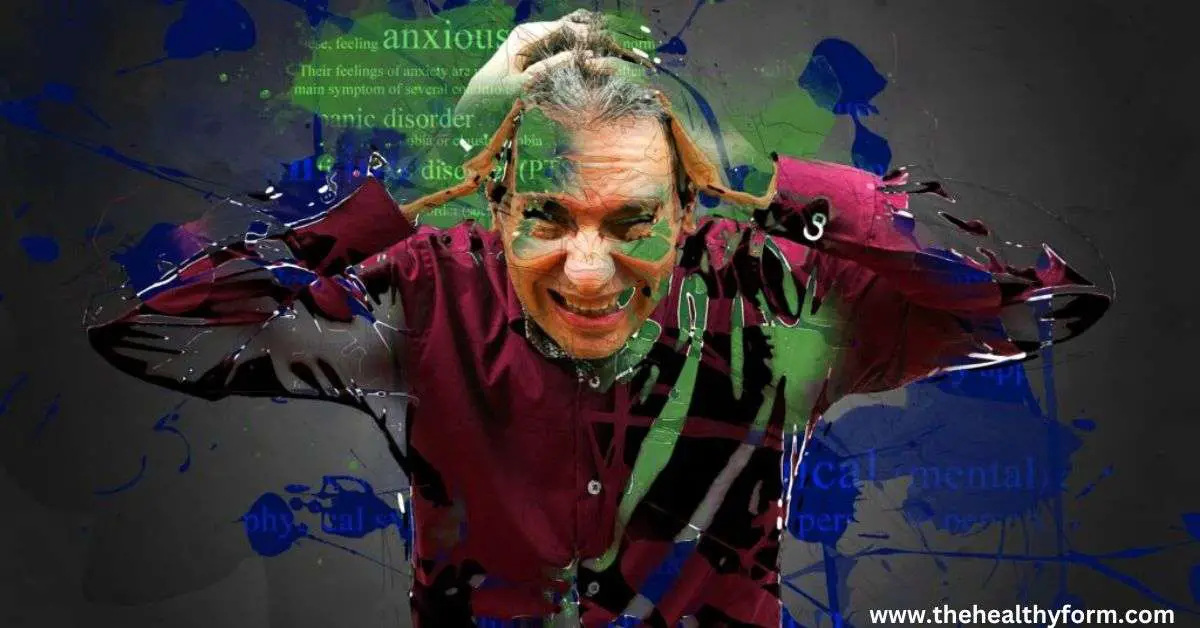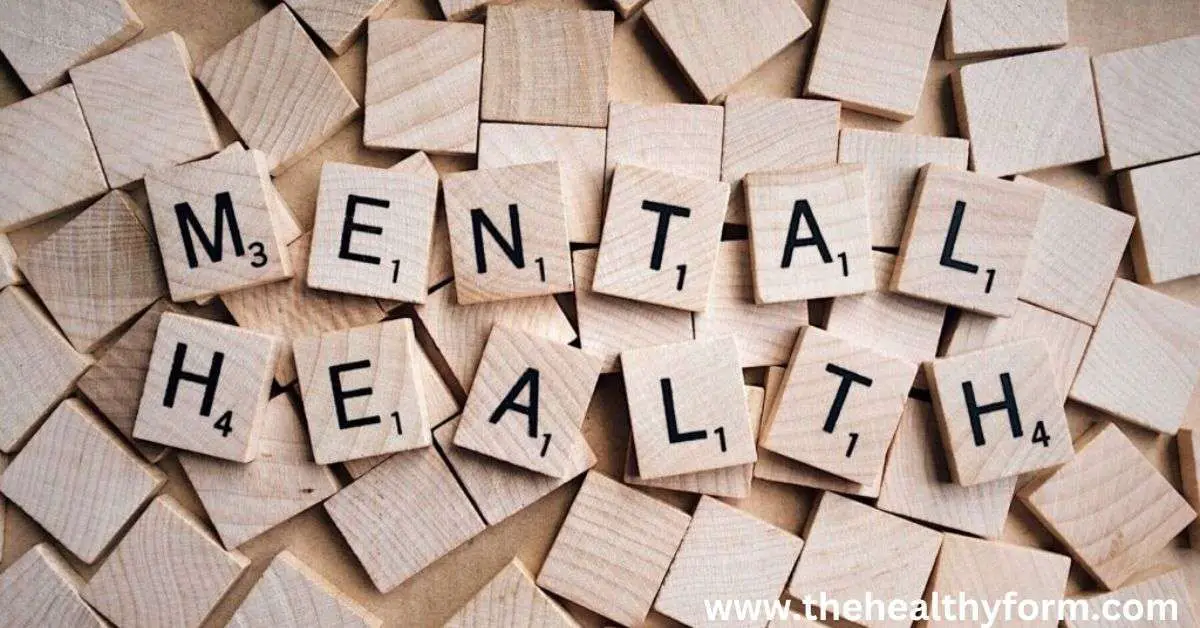How To Understanding and Managing Depression
This article will provide resources and support for understanding and managing depression. Learn about the symptoms and causes of depression and effective treatments and strategies for managing the condition. Depression is a common mental health disorder affecting how you feel, think, and behave. It can cause persistent sadness, hopelessness, and a lack of interest in activities. Depression can also cause physical symptoms such as fatigue, difficulty sleeping, and changes in appetite. Depression can interfere with daily functioning and overall well-being.

What are the indications of despair?
The indications of despondency can fluctuate. However, a few typical side effects incorporate the accompanying:
Persevering sensations of bitterness, sadness, or void
Loss of interest or delight in exercises
Weariness or low-energy
Trouble dozing or resting excessively
Changes in hunger or weight
Trouble concentrating
Sensations of uselessness or guilt
Considerations of death or self-destruction
What are the different types of depression?
There are a few unique sorts of sadness, including:
Significant misery: Constant sensations of bitterness, sadness, and indifference for exercises that disrupt day-to-day work.
Steady burdensome problem (dysthymia): A less extreme but more ongoing type of gloom.
Bipolar turmoil: An emotional well-being problem described by shifts in the state of mind energy, and movement levels.
Occasional full of the feeling problem (Miserable): A type of sadness that happens throughout the fall and cold weather months, frequently because of an absence of daylight.
What are the causes of depression?
The reason for the gloom is obscure. However, a blend of hereditary, ecological, and mental factors probably causes it. Risk factors for sorrow incorporate a family background of sadness, specific ailments, a past filled with misuse or injury, and specific character qualities.
What are the risks of untreated depression?
Whenever left untreated, despondency can have serious outcomes. It can obstruct everyday work and, by and large, prosperity and lead to other physical and emotional well-being issues. Discouragement can likewise expand the gamble of self-destruction, which is a severe and possibly dangerous result.

What are the treatment options for depression?
There are a couple of solid treatment decisions for distress, including:
Catalyst remedies: These medications can help create attitudes and decrease symptoms of despair.
Psychotherapy: Talk treatment, as mental lead treatment (CBT), can help perceive and change negative thought models and approaches to acting, adding to awfulness.
Electroconvulsive treatment (ECT) incorporates electrical streams to vitalize the brain and can be vital for profound demoralization that doesn’t answer various prescriptions.
Transcranial appealing fervor (TMS): This treatment incorporates magnetic fields to strengthen the expressed area of the frontal cortex and can be vital for debilitation that doesn’t answer various drugs.
How can I recognize depression?
To recognize depression, pay attention to your mood and behavior and look for the following signs:
- Persistent feelings of sadness, hopelessness, or emptiness
- Loss of interest or pleasure in activities
- Fatigue or low-energy
- Difficulty sleeping or sleeping too much
- Changes in appetite or weight
- Difficulty concentrating
- Feelings of worthlessness or guilt
- Thoughts of death or suicide
How can I manage depression?
Looking for help from an emotional wellness professional is significant to overseeing misery. Treatment choices for wretchedness incorporate upper prescriptions, psychotherapy, electroconvulsive treatment (ECT), and transcranial attractive feeling (TMS). It’s vital to rehearse taking care of oneself, like getting sufficient rest, eating a good eating routine, and participating in exercises you appreciate.
How can I prevent depression?
It’s not generally imaginable to forestall wretchedness, but there are steps you can take to decrease your gamble. For example,
Look for help: Converse with a confided-in companion or relative, or seek professional assistance from an emotional wellness proficient.
Practice taking care of oneself: Deal with your physical and profound prosperity by getting sufficient rest, eating a sound eating regimen, and participating in exercises you appreciate.
Work out routinely: Normal active work can assist with further developing a state of mind and lessen the gamble of sadness.
Avoid liquor and illicit drug use: Substance misuse can expand the gamble of discouragement.
Track down sound ways of adapting to pressure: Track down solid ways of adapting to pressure, like working out, investing energy with friends and family, or participating in leisure activities.

How can I support someone with depression?
If you know someone with depression, you can support them by:
- Offering a listening ear: Let them know you are there for them and are willing to listen.
- Encouraging them to seek help: Encourage them to seek help from a mental health professional and offer to go with them to appointments.
- Helping them develop a self-care plan: Encourage them to practice self-care and offer to help them develop a plan.
- Being patient: Recovery from depression can take time, so be patient and understanding.
- Protecting their privacy: Respect their privacy and do not share their personal information without consent.
- Encouraging positive activities: Encourage the person to engage in activities they enjoy, such as hobbies or spending time with loved ones.
- Removing harmful items: If the person has expressed suicidal thoughts, remove any possible means of self-harm, such as medications or firearms, and seek help immediately.
How can I improve my mental health?
To work on your psychological well-being, you can attempt the following:
Look for help: Converse with a confided-in companion or relative, or seek professional assistance from an emotional wellness proficient.
Practice unwinding methods: Procedures like profound breathing, contemplation, or moderate muscle unwinding can assist with lessening pressure and further develop unwinding.
Work out consistently: Customarily busy work can assist with further developing temperament and lessen pressure.
Eat a sound eating regimen: A solid eating routine can further develop the mindset and diminish pressure.
Get sufficient rest: Satisfactory rest is significant for, generally speaking, well-being and prosperity.
Take part in exercises you appreciate: Track down ways of unwinding and have some good times, like leisure activities, sports, or investing energy with companions, friends, and family.
Track down sound ways of adapting to pressure: Track down solid ways of adapting to pressure, like working out, investing energy with friends and family, or participating in leisure activities.
Set objectives and work towards them: Defining and pursuing them can provide motivation and achievement, improving psychological well-being.
Look for professional assistance: If you are battling psychological well-being issues, consider seeking help from emotional wellness professionals.

How can I get help for depression?
Assuming you are battling with gloom, looking for help is significant. You can begin by conversing with a trusted companion or relative or look for help from emotional well-being proficient. You can contact associations like the Public Partnership on Psychological Maladjustment (NAMI) for help and assets.
FAQ About Understanding and Managing Depression
Here are some of the most common questions people have about understanding and managing depression are:
What is depression?
Depression is a mental health disorder characterized by persistent sadness, hopelessness, and loss of interest in activities you once enjoyed.
What is cognitive-behavioral therapy (CBT)?
CBT is a type of therapy that focuses on changing negative thought patterns and behaviors contributing to depression. It involves identifying negative thoughts and replacing them with more positive and realistic ones.
How can I help a friend or loved one struggling with depression?
Encourage them to seek professional help, such as therapy or counseling. Offer to listen and be supportive without judgment. Help them with practical tasks, such as cooking meals or running errands, and encourage them to engage in enjoyable activities.
Conclusion
Gloom is a typical psychological wellness problem influencing how you feel, think, and act. It can impede day-to-day working and general prosperity and may be dealt with well. It’s critical to comprehend what wretchedness is and how to oversee it. Look for help from psychological well-being proficiency, practice self-care, and participate in exercises you appreciate. Assuming you know somebody with melancholy, offer your help and urge them to seek help.






